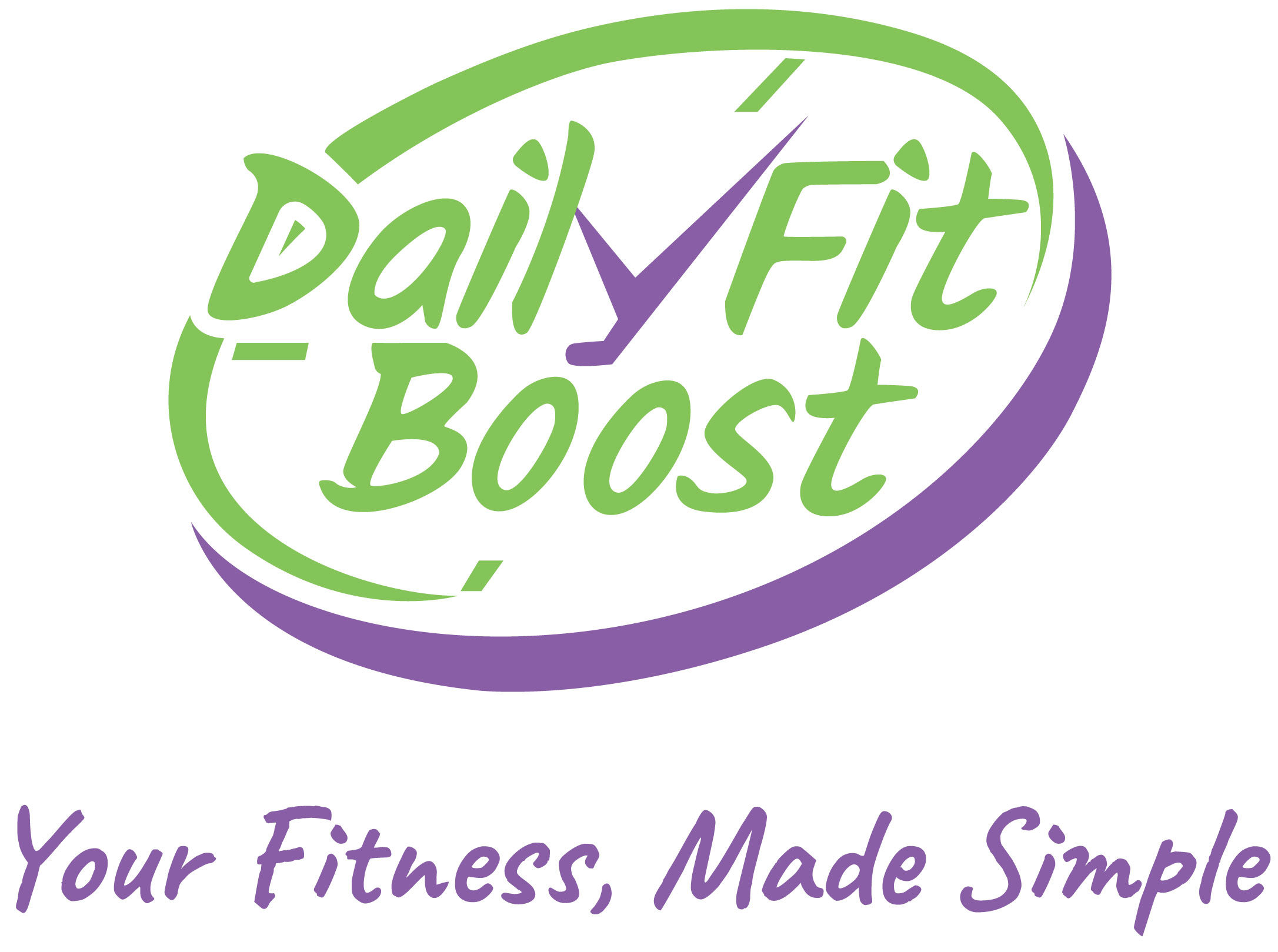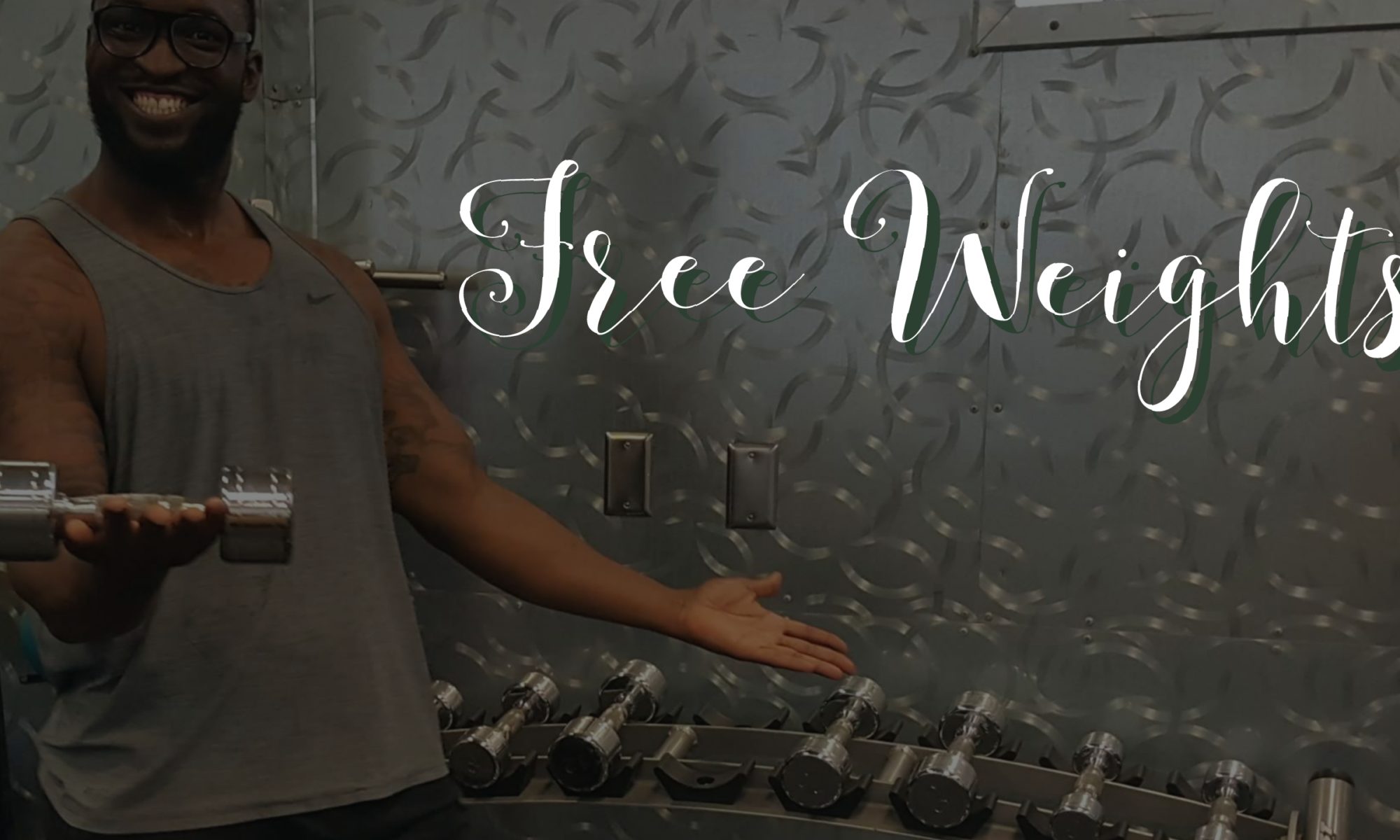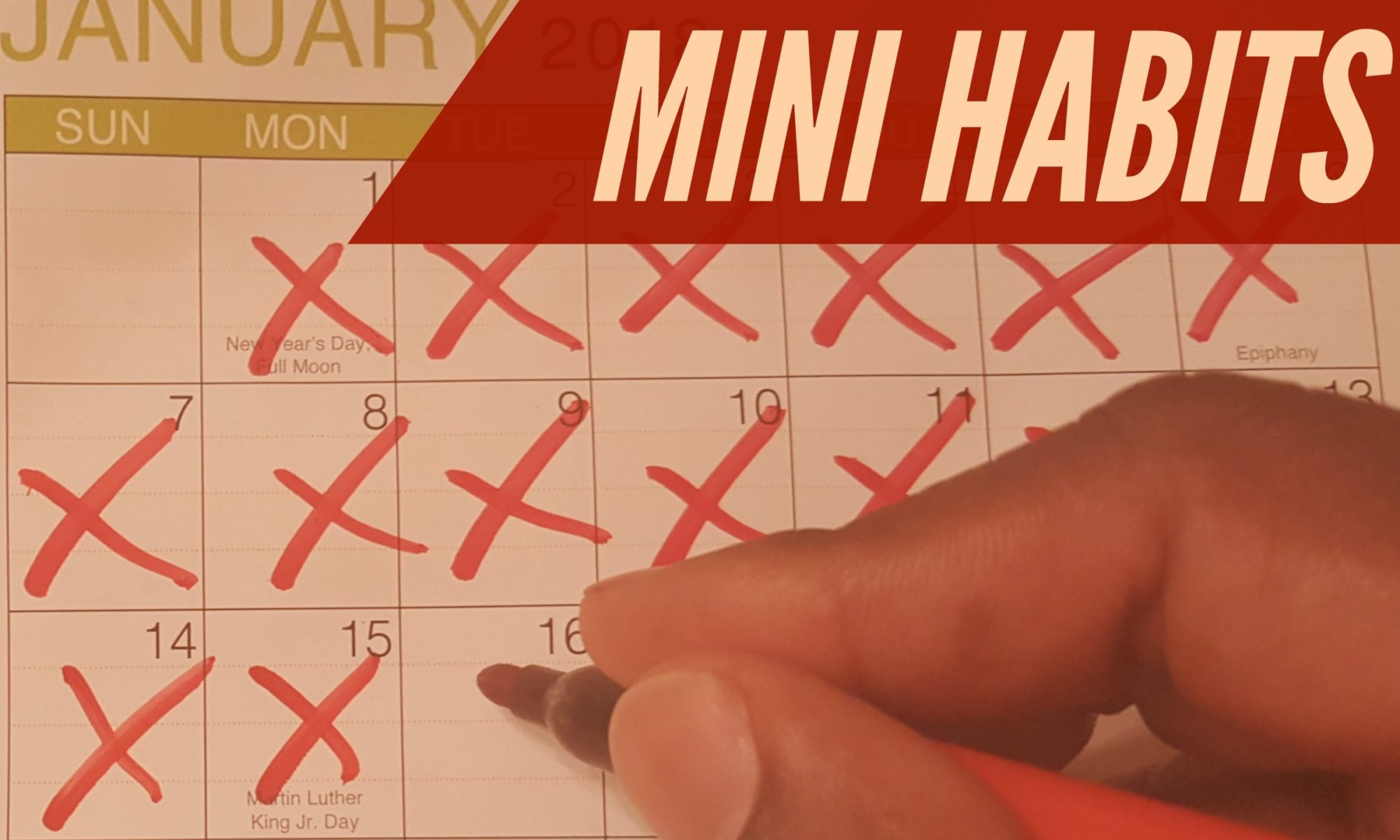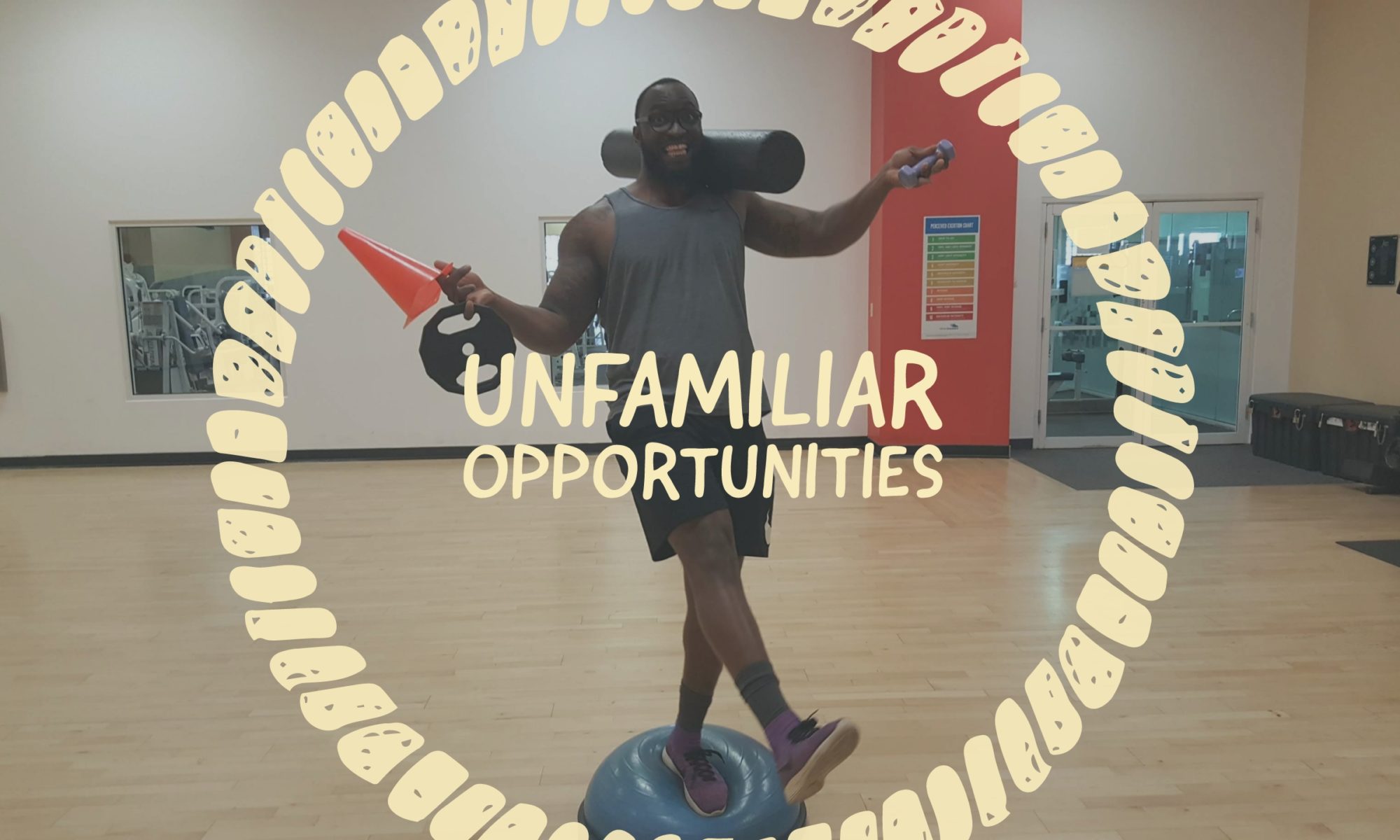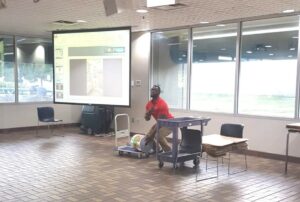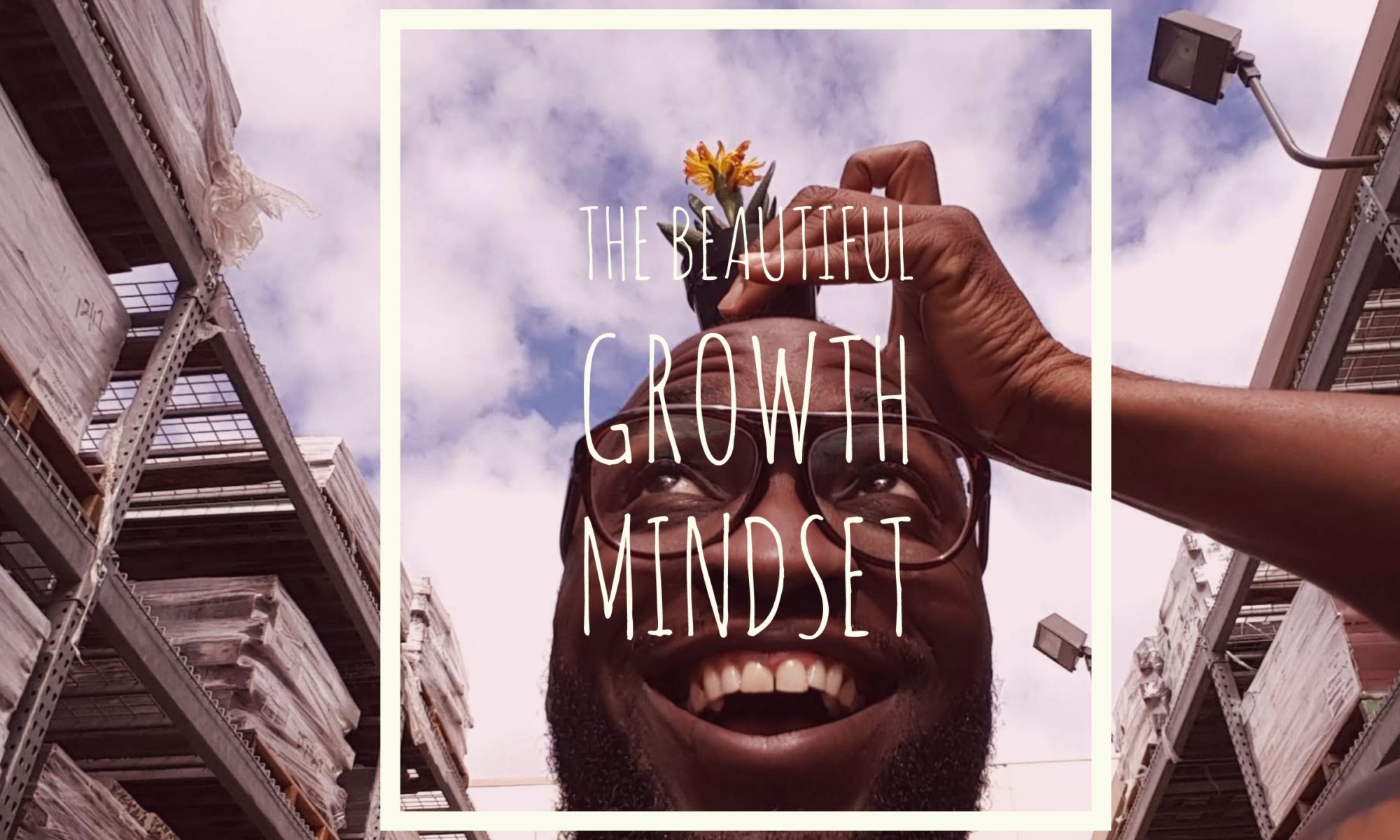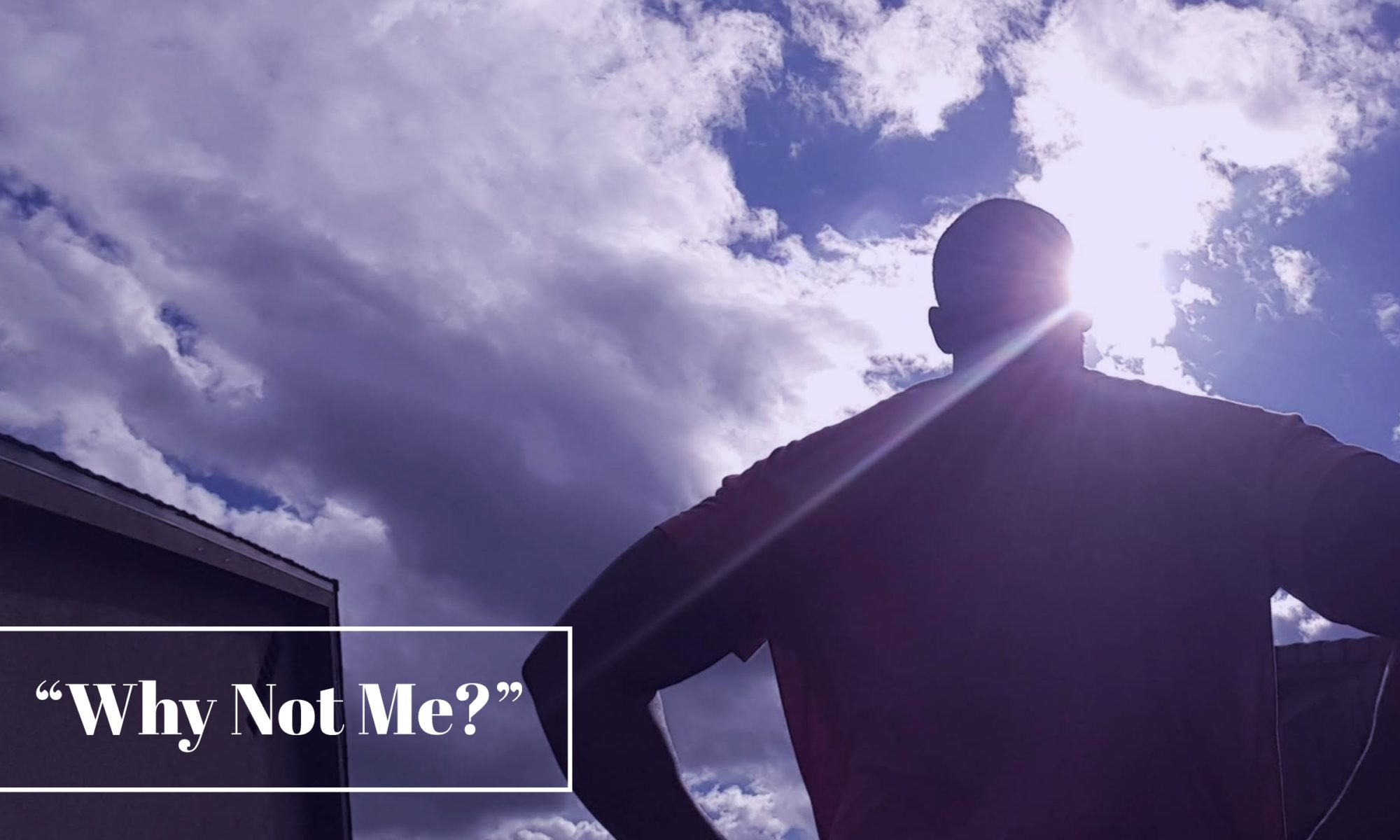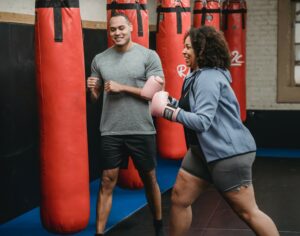Free weights: “Strength and Size”
Today at your local gym you’ll likely find more of the experienced lifters using free weights. This is not by mistake. Maintaining proper lifting form while moving a free weight requires a concentrated effort. This is why I look at stationary machines and cables machines as more of a “safety” pre-requisite. Nevertheless, lifting free weights comes with its own set of benefits as well.
One of the first things you’ll notice while lifting these type of weights is that you’ll start to experience soreness, more frequently, and in more areas. This increased soreness is actually a good thing as your body learns to grow and adapt to higher stress demands. Furthermore, this soreness indicates that you’re activating ALL your muscles and not just the primary ones.

For instance, there are several “assisting muscles” that are actually inhibited when performing arm curls on a stationary machine, whereas with free weight arm curls you’re activating your core, glute muscles (stabilizers), and even secondary muscles like your chest.
If you are fairly new to using free weights it’s always a good idea to start off light and then gradually increase in weight. As a matter of fact, it’s always a good idea to start off “light” regardless of experience because doing so will help you develop proper technique. As you continue along your fitness journey don’t forget that person growth is a process! Encourage yourself each week by keeping track of your progress with each machines, cables and free weight exercise. Good luck!
Try starting with these! Here are six common free weight exercises that you’ll be able to do in just anywhere:
- DB bicep curls


- Triceps extensions (bent over)


- Dumbbell back rows


- DB shoulder press


- Dumbbell chest bench press


- DB squats


Key Takeaways:
Free weights…
- are the most advanced of the three types of weight lifting
- promote stabilization and core activation
- should be increased gradually to avoid injury
